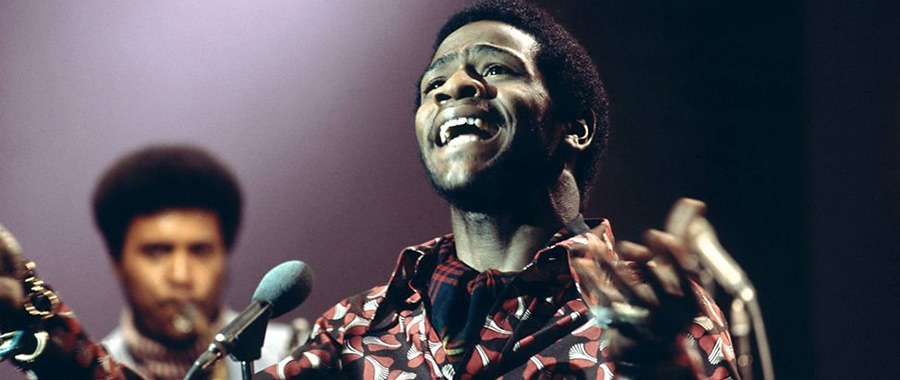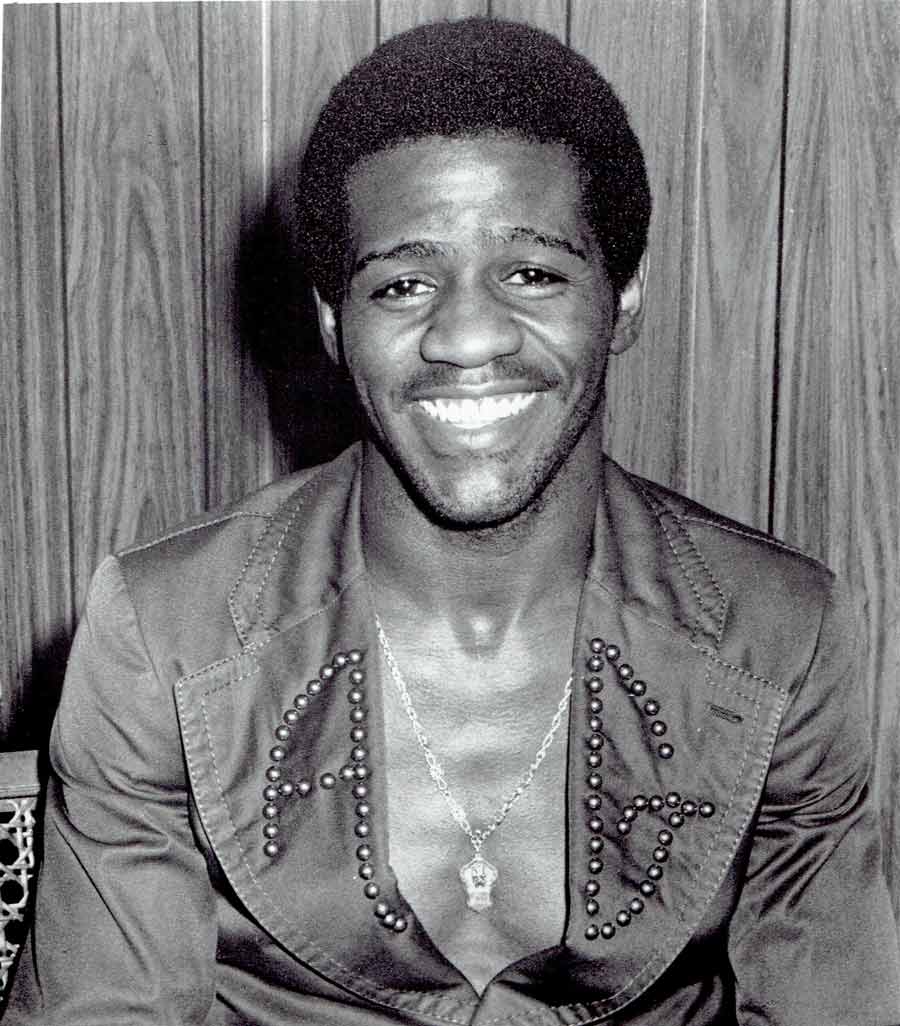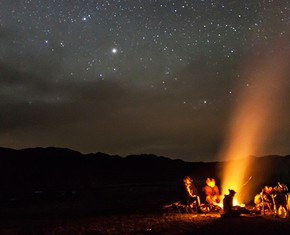The views expressed in our content reflect individual perspectives and do not represent the authoritative views of the Baha'i Faith.
How can you mend a broken heart? How can a loser ever win? Please help me mend my broken heart and let me live again.
Do you recognize the lyrics? The great soul singer Al Green sang them in 1972, covering a pop tune written by the brothers Gibb, otherwise known as the BeeGees. Al’s powerful rendition gave the song deep resonance, extending it far past its original intent and making it into a profound lament for the broken hearts of black people.
I’ve often asked myself that question these days—how can you mend a broken heart?—because my heart is continually broken by so many well-intentioned people who are both black and white, and sometimes all shades between.
Yes, I know I’m a sensitive black man—but I also know that I must be strong to have withstood all of the conscious and unconscious racially-motivated things heaped on me and others like me over many years. Racism is awful! It has affected us all, and, it is still affecting us all!
This seventh decade of my life has truly been an eye-opener. I’m a musician and a choir leader, so I’m highly aware that Americans of African descent have expressed these broken-hearted feelings forever in their music, from spirituals to other genres including soul, rap and hip-hop. Like Al Green sang:
I could never see tomorrow, I was never told about the sorrow …
How can you mend a broken heart?
How can you stop the rain from falling down?
How can you stop the sun from shining?
What makes the world go round?
How can you mend a this broken man?
Please help me live again …
All of the great soul singers spoke to people of every race about the broken-heartedness of hatred and racism. The native American Shawnee musician Link Wray said “Soul music is pain—you can hear the slaves, the beatin’ and the hurtin’.” Recently, though, I’ve read several articles that recommend not talking to white people about race anymore—and those insights have sparked this essay.
I feel the pain so acutely of so many of my black brothers and sisters and those who are also persecuted, who have now finally found enough courage to speak up and out! It feels good to finally speak truth to power, but there is also much pain that must be considered. Black people are made out to be mad when we speak out about race, and many white people think that all we want to do is talk about race—but like soul music, it’s just our pain coming out.
Can any of us make it through this? When I think about all the pain, other old song titles come to mind: “They smile in your face, all the time they want to take your place–the backstabbers!” “Lord, I want to live up yonder in bright mansions above!” “Soon I will be done wid de troubles of dis world!” “Say it loud: I’m black and I’m proud!”
As a child I learned and often chanted: “Sticks and stones may break my bones but words will never hurt me!” While I thought of this chant as a satisfying retort, I knew that those words of hatred and superiority really did hurt me. They hurt deeply.
The Baha’i teachings say that this kind of internal pain lasts much longer than physical pain does:
He must never seek to exalt himself above any one, must wash away from the tablet of his heart every trace of pride and vain-glory, must cling unto patience and resignation, observe silence and refrain from idle talk. For the tongue is a smoldering fire, and excess of speech a deadly poison. Material fire consumeth the body, whereas the fire of the tongue devoureth both heart and soul. The force of the former lasteth but for a time, whilst the effects of the latter endureth a century. – Baha’u’llah, The Book of Certitude, p. 193.
Remember, above all, the teaching of Baha’u’llah concerning gossip and unseemly talk about others. Stories repeated about others are seldom good. A silent tongue is the safest. Even good may be harmful, if spoken at the wrong time, or to the wrong person. – Abdu’l-Baha, Abdu’l-Baha in London, p. 125.
During this last decade of my own life, I have by choice lived almost completely in the white world, a place where black people are mostly not present. In that world, being patronized by white people, or thinking that I may be, and witnessing an almost all-pervasive subconscious sense of superiority (even in the sweetest, almost unimaginable way) has been unlike any other time in my life. In some ways, I’ve come to realize, segregation protected us from a lot of that!
Sadly, this has ignited a suspicion in me that I can hardly believe still exists in my heart. However, in the process, I have become so much more aware of why the Baha’i teachings call race in America “the most vital and challenging issue:”
As to racial prejudice, the corrosion of which, for well-nigh a century, has bitten into the fiber, and attacked the whole social structure of American society, it should be regarded as constituting the most vital and challenging issue confronting the Baha’i community at the present stage of its evolution. – Shoghi Effendi, The Advent of Divine Justice, pp. 33-34.
I’ve concluded, above all things, that the truth must be told! This may be part of the reason that music from those of us who have been long persecuted is so powerful—it tells the truth, from a deep place in the heart and soul. Many times, I can sing something that wouldn’t be heard if I said it. Who knows the pain of having your words discounted or not even heard? So learning and teaching the Negro spirituals and other music from the experience of Americans of African descent is a complete joy—whether you are black or white, the words, the cadence and the rhythm have a way of touching one’s heart and soul.
When you listen to or sing those songs, you’ll notice that the words are never about putting somebody down or making someone feel disenfranchised. The Baha’i teachings say that all music can have this effect:
…. the Manifested Light, Baha’u’llah, in this glorious period has revealed in Holy Tablets that singing and music are the spiritual food of the hearts and souls. In this dispensation, music is one of the arts that is highly approved and is considered to be the cause of the exaltation of sad and desponding hearts. – Abdu’l-Baha, Star of the West, Volume 9, p. 131.
Here’s my conclusion: we must be able to speak kindly to one another, without patronizing, condescension or suspicion, and we must learn to consider how we can heal ourselves of the stain of centuries of learned behavior that the evil of racism has stamped on our nation and the world.
So, how can you mend a broken heart? The action needed is ours to take:
Cleanse ye your eyes, so that ye behold no man as different from yourselves. See ye no strangers; rather see all men as friends, for love and unity come hard when ye fix your gaze on otherness. And in this new and wondrous age, the Holy Writings say that we must be at one with every people; that we must see neither harshness nor injustice, neither malevolence, nor hostility, nor hate, but rather turn our eyes toward the heaven of ancient glory. For each of the creatures is a sign of God, and it was by the grace of the Lord and His power that each did step into the world; therefore they are not strangers, but in the family; not aliens, but friends, and to be treated as such. – Abdu’l-Baha, Selections from the Writings of Abdu’l-Baha, p. 24.

















Comments
Sign in or create an account
Continue with Googleor